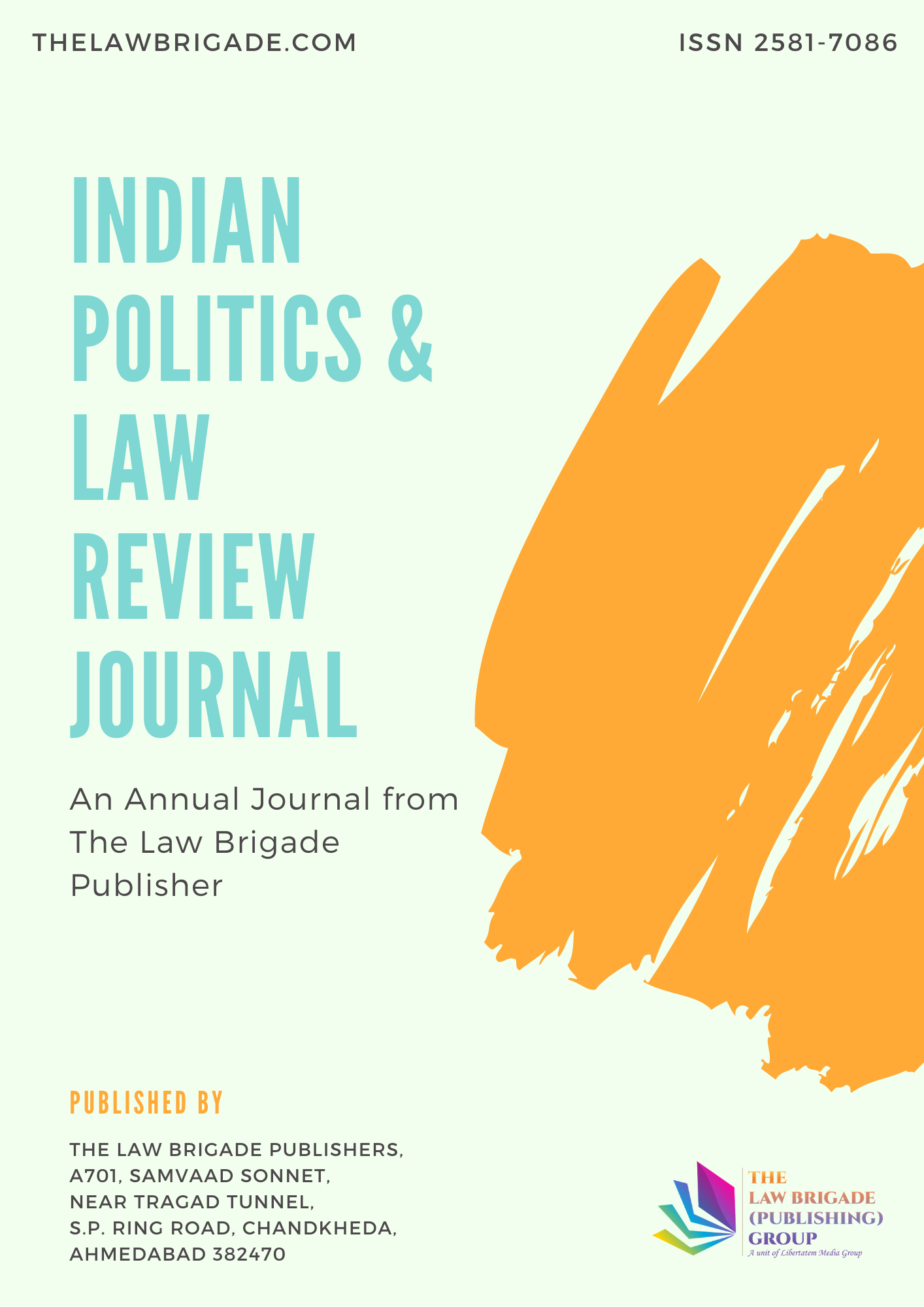According to Article 21 of the Constitution of India, no person shall be deprived of his life or personal liberty except according to the procedure established by law. When we read in between the lines, we will be able to understand that Article 21 allows the liberty of a person to be curtailed in accordance with the procedure established by law. Thus, when the liberty of a person is deprived, the court should mandatorily follow the procedure established by law. Further, the law states that there should not be any deviation to the procedure established by law in such a manner that it is disadvantageous to such person. The duty of the courts is nothing but to deliver justice and the judicial officers should keep in mind the interest of the victim as well as the liberty of the accused and above all the whole interest of the society. Thus, there is no doubt that liberty of a person must be safeguarded by courts of the nation.
Even though there is an element of essentiality, remand of an accused to police custody is considered as an instance where the liberty of a person is fettered. It is often considered as an important requirement especially in the investigation of serious and heinous offences .1 But it should also be kept in mind that police custody does not mark the end of everything.





